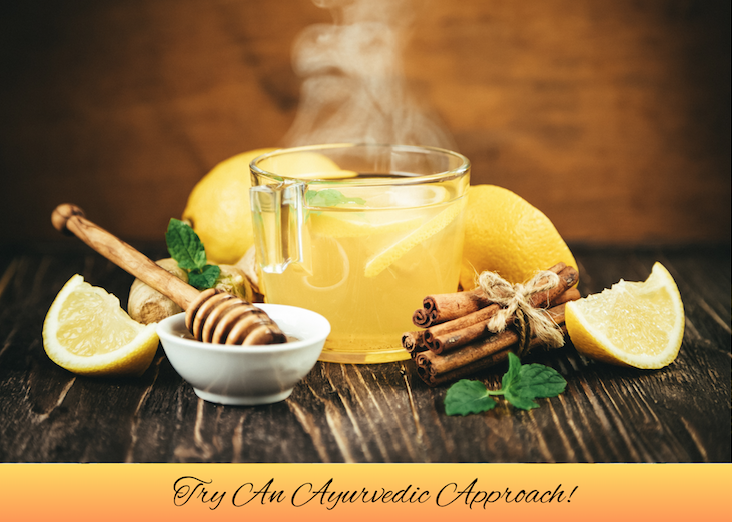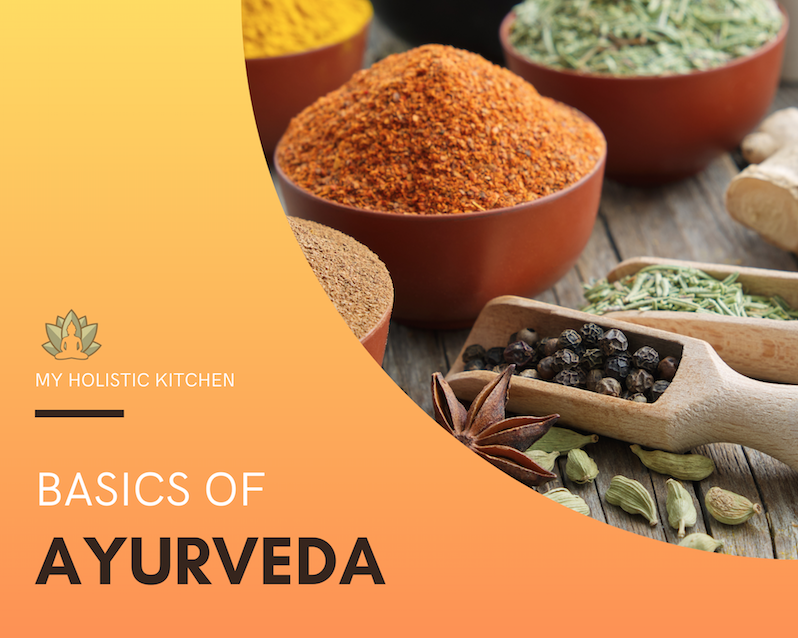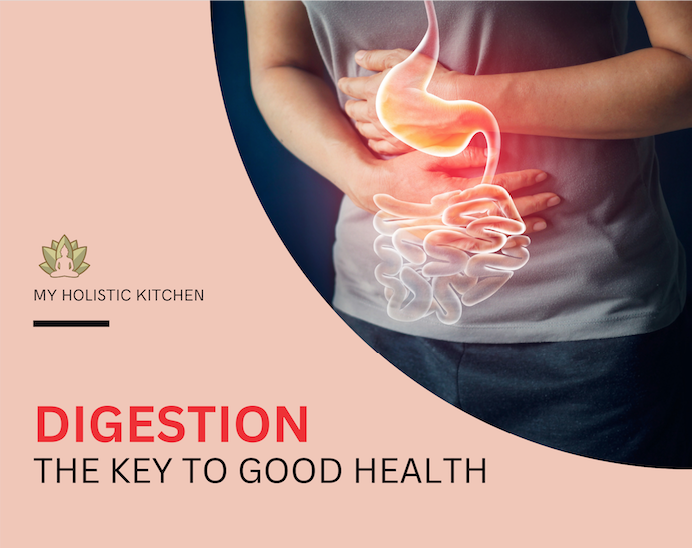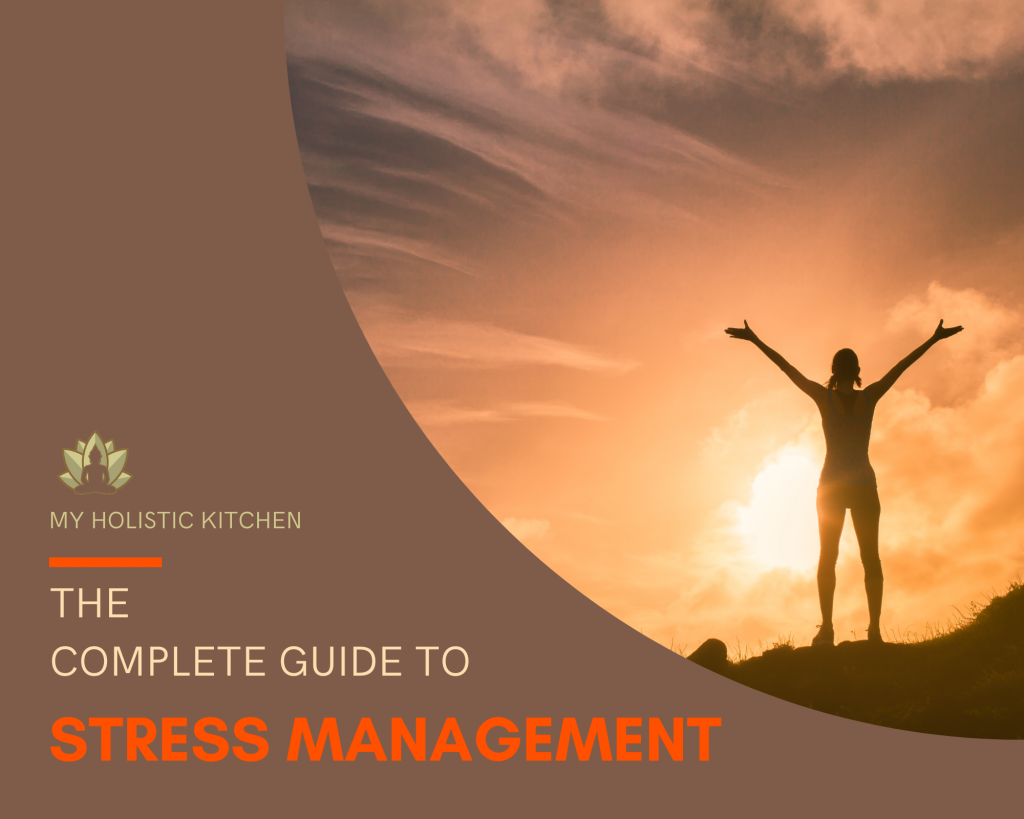
Anxiety can be a very serious condition affecting so many people especially during the times we are in right now! When you are anxious, you are either thinking about the past or worrying over the future. You get so caught up in your thoughts that it affects your everyday life! There is a sense of internal turmoil. You are worrying about things that are absolutely not in your control!
Anxiety is more common than you think!
For some, anxiety manifests as thinking too much or worrying so much that they become sedentary, meaning they are not able to do anything productive. For others, it manifests as becoming over active and having the need to do something 24 hours.
Anxiety manifests differently in different individuals but what’s common is those feelings of fear, worry and anxiety. If you are someone who is always anxious, then that means your physiology has been disturbed to some extent.
In Ayurveda, it is said that anxiety is a result of imbalanced Doshas.
If your Doshas are balanced, i.e. your physiology is balanced, there is no way you are going to feel anxious; instead you are able to handle the ups and downs of life with ease.
The goal of Ayurveda is to find out the factors that are responsible for throwing your doshas out of balance and then to bring your doshas back into balance.
When we talk about physiology in terms of Ayurveda we talk in terms of Doshas. These are the biological forces that govern our physiology as well as our Psychology.
Vata is the force of movement or transportation. It governs the physical movements in our body as well as the nerve impulses.
Pitta is the force of transformation, it governs our digestion and metabolism.
Kapha is the force of stability & adhesiveness. It governs the structures of our body & keeps things together.
We all have all three doshas within us. We cannot exist without a certain amount of each. It is the varying proportions of doshas that determine the physiological & psychological traits of an individual.
Vata is the most important of the three Doshas. It governs the other two and is responsible for all physiological functions in general, as Vata controls the mind and the entire body through the nervous system. For this reason, disturbances in Vata could have severe implications than disturbances of any other Dosha.
Yes, you guessed it right! The dosha that is most often disturbed when a person is experiencing anxiety is the VATA DOSHA.
It is seen as excess movement in the mind which generate constant thoughts and more often negative thoughts leading worry, anxiety and nervousness.
Here are some of my suggestions for restoring balance for the Vata Dosha: –
- Calm Your Mind by doing regular Meditation.
- Try to be Quiet for some time, as too much talking can further throw Vata out of balance!
- Rest is the most important therapy for bringing Vata back into balance.
- Develop Regular Habits. Follow a vata pacifying daily routine, which means wake up, eat, and go to sleep at similar times from one day to the next. Even the nature of your job must be predictable & not something new every day!
- Practice 5–15 minutes of “Nadi Shodhana pranayama” (Alternate Nostril Breathing) daily to relax the nervous system.
- Bring in warmth in everything you do. Food and lifestyle.
- Do “abhyanga”- self-massage with warm sesame oil regularly.
- Adopt a vata pacifying exercise routine: It should not be overly stimulating, but gentle and grounding instead. Favor activities like simple walks.
- Get good nourishment through good quality food cooked with love!
- Eat a vata pacifying diet centered around warm, moistening, grounding, calming & nourishing foods.
- Include generous amounts of high quality, organic Oils & Fats like ghee, sesame oil and olive oil.
- Have a warm cup of tea: Pour your hot tea in a cup and hold it in your hands while it is still warm. Notice how the warmth coming out of it feels. Experience the comforting aroma and as you take one sip at a time, feel the calm it generates in your body. Enjoy your cup of tea sip by sip so you can appreciate every mouthful.
Here is my recipe for Vata pacifying tea: –
Ingredients:
- 1 cup boiling water
- 1 inch piece of fresh organic ginger root
- ½ tsp. organic fennel seeds
- Juice of ¼ organic lemon
- 1 tsp. raw organic sugar (optional)
Directions:
- Add ginger root directly in a mug (you may grate it if you want a stronger ginger flavour).
- Add fennel seeds also into the cup.
- Add the boiling water and allow it to steep for 5 to 7 minutes.
- When the water cools down to luke warm temperature, add juice of ¼ lemon.
- Add raw organic sugar and mix well.
- Enjoy your cup sip by sip so you can appreciate every mouthful.
Want to learn more about the Doshas- Vata, Pitta, Kapha, Foundations of Ayurveda, Holistic Nutrition, Stress Management and much more ? Check out OUR SELF-PACED ONLINE COURSES that include a perfect blend of Holistic Nutrition and ancient Ayurvedic wisdom!



USE DISCOUNT CODE at checkout for 70% off : – Diwalidiscount70 (limited time only)
If you would like help in curating a personalized diet and lifestyle regime for yourself or your loved ones, do CONNECT with me to Book your very own private one-on-one Ayurvedic & Holistic nutrition consultation.
It is my humble wish to make Ayurveda & Holistic Nutrition available to each one of us in an easy to understand format. ‘coz if all of us are healthy at the deepest level of the soul, only then this planet will be a happier place to live!
NAMASTE,

Preeti Syal
M.Sc., R.H.N., Certified Ayurvedic Lifestyle Consultant
The content provided in my blogs are for knowledge sharing purposes only and is not intended to be a substitute for professional medical advice, diagnosis or treatment.
CONNECT WITH US & BE THE FIRST ONE TO RECEIVE DISCOUNT COUPONS FOR ANY OF OUR SERVICES!


